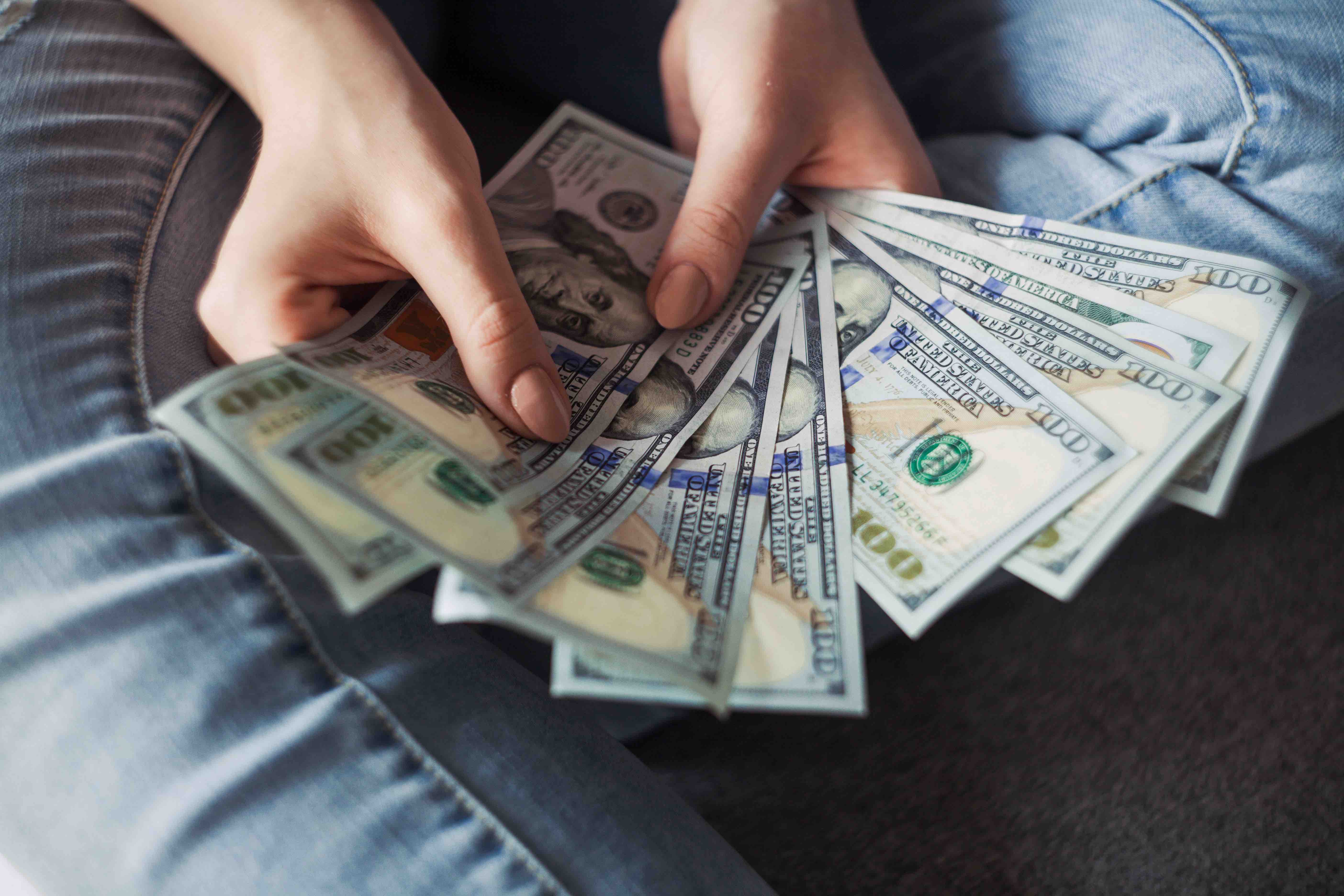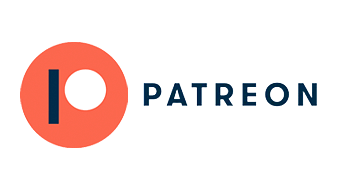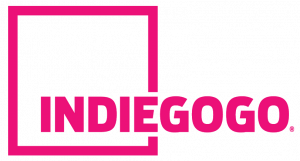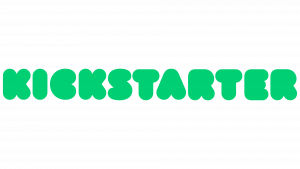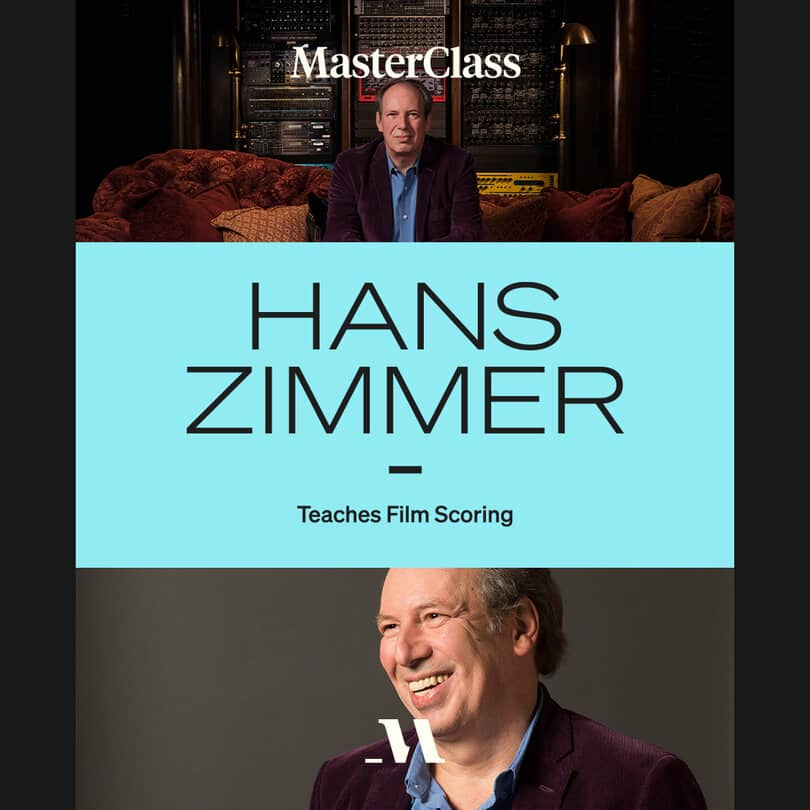
Top Crowdfunding Sites for Musicians
The internet has enabled musicians to manage themselves easily as independent artists. For this reason, crowdfunding is a fantastic avenue to pursue for seasoned and beginner musicians alike.
It allows artists to maintain complete creative control over their material, while developing a connection with fans and followers, engaging on a personal level. Their contributions to the completion of your project solidify that they’re along for the ride.
Patreon
This might sound like an obvious recommendation, but you’d be surprised how many musicians overlook Patreon as a formidable platform.
Jack Conte created Patreon in 2013, and the site continues to dominate today. Over the last 3 years Patreon accounts have tripled, and this past year alone have risen 50 percent. Presently there are about 6 million active accounts.
Pros:
Patreon allows you to offer your most loyal fans treasure troves of exclusive content. The artist gets paid on a regular basis with modest commissions taken from funds.
You can upload working tracks, or raw files,of your song in progress so fans to experience the process of song making from beginning to end. Fans who have contributed money to an album will be recognized in the credits.
Aside from audio files, Patreon allows you to reward fans with physical merch! From posters, shirts, discounted tickets, and signed memorabilia! Different levels of “rewards” can be given for different subscription tiers.
Patreon offers a unique tool called Patreon-U, which is a series of articles and videos offering advice and tactics on how to expand your following using the platform. These features are what puts Patreon on our list of Top Crowdfunding Sites For Musicians.
Cons:
Patreon charges a range of commission fees based on the selected plan, compared to other sites who charge a flat rate or no commission at all. Additionally, all credit card processing fees are charged up to 5 percent.
Indiegogo
Although the initial idea of crowd funding is not an original concept, Indiegogo has been unanimously praised as the world’s most successful crowdfunding source.
Indiegogo has been helping artist and fans alike for nearly 11 years. Originally created in 2008 by Eric Schell, Slava Rubin, and Danae Ringelmann, for the marketing of indie movies. The platform continues to thrive. Currently, over 19,000 new artist accounts are created per month, with over 10 million frequent fans.
Pros:
Legitimacy is something you want to assure whenever you’re entering sensitive account information into a website. Indiegogo is one of the only Crowdsourcing platforms with an A plus rating from the Better Business Bureau. The “BBB” score directly correlates with the success rate of projects using this platform. It assures security and transparency for both artists and fans.
From artist collaborations to technical projects, Indiegogo accommodates all ranges of creative motion. They accept many, if not most, first time startup projects, which makes this the perfect platform for beginners.
Indiegogo is an extremely flexible and versatile platform. It’s available in over 235 countries and enables you to sync third party sites such as Facebook, Twitter, and even google for maximum exposure. It’s the perfect match for musicians constantly on the go, searching to grow their audience from different regions.
Like Patreon, Indiegogo allows you offer your contributors (known as “backers”) rewards like merch or discounted tickets but is not a requirement to do so. This gives an artist a firmer grasp of the reigns.
Campaigns can be setup for as long as 2 months. Once the fundraiser is complete, it takes 10 to 15 business days to receive payment. Indiegogo keeps 5 percent for platforming fees, and charges 3 to 5 percent for credit processing fees when transferring to third-party services.
There are 2 options to receive funds, Fixed and flexible funding. Fixedfunding means that an artist will not receive any payment until the fundraising goals are met. If they are not met, the funds are then returned to those who donated. Flexible funding allows an artist to keep donated funds even if the fundraising goal isn’t achieved.
Cons:
Indiegogo’s flexibility and versatile acceptance sometimes acts as a double-edged sword. The lighter restrictions mean that sketchier projects can fall slip through unregulated. A common complaint from users is that some projects seem like “simple money grabs”, with no guarantee that purchased goods will ever be received.
Kickstarter
This is among the most popular crowdfunding platforms. First launched in April of 2009 in New York, Kickstarter quickly dominated the market. Since then, over 20 million people have contributed to different projects. About 5.8 billion dollars have been raised in total with over 200,000 projects successfully completed. From technical ventures to musical projects, Kickstarter can handle any operation.
Pros:
Everyone’s heard of Kickstarter, It’s practically a household name. This social notoriety makes fans feel safer on placing investments, and assuring the funds are allocated appropriately.
It’s popularity has gained a massive marketplace for both musicians and fans. It’s packed with potential investors willing to take a chance on your vison. Too assure legitimacy all campaigns are reviewed and accepted before launching.
Like Indiegogo, Kickstarter uses an “all or nothing” policy. Funds aren’t received by artists until the fundraising goal is achieved. It gives fans a sense of transparency while watching the project develop in real time. It provides a peace of mind mentality which is essential for new followers.
Although Kickstarter doesn’t offer perks or rewards for followers, they do allow you to host live events for exclusive content and personal Q&As.
They also offer services from third party companies who work exclusively with Kickstarter campaigns. Companies like CD-Baby and Disc Makers work with artists through Kickstarter to advance the production process. From CD production to album art prints, they’ll help you every step of the way.
This platform is incredibly user friendly. They even offer advance analytic tools that are simple to use and comprehend, making it simple to track your statistics.
Cons:
With such an enormous marketplace, Kickstarter has become fiercely competitive. It’s launched more campaigns than any other crowdfunding platform to date, which in some ways have over saturated the market. With hundreds of campaigns launched daily, it can be difficult to stand tall above the rest.
Unlike Indiegogo, Kickstarter is not flexible with payment options. They only offer fixed funding plans, which means you can only access donated funds if the fundraising goal is met. Although this benefits your fans by making them feel secure about their investments, it can be incredibly frustrating for the artist.
ArtistShare
Originally founded in 2001, ArtistShare is unanimously considered the worlds first online crowdfunding site. It’s creative innovation is the spark that spawned other successful crowd sourcing platforms like Indiegogo and Patreon.
ArtistShare has an impressively vast catalog of successfully completed projects, and has been nominated for dozens of Grammy nominations, 10 of which were winners.
Pros:
Since its launch, ArtistShare has helped artists gain some serious momentum. Some of the most prestigious names in music have used utilized ArtistShare, which brands its legitimacy to potential clients.
ArtistShare utilizes transparent business tactics that allows artists to maintain complete creative control of their material.
This particular platform is great because it focuses on artists. While other platforms offer a wide range of business projects, ArtistShare keeps artists as their focal point. This makes searching for new followers for musical content more available.
Cons:
ArtistShare has various rules and regulations for accepted projects. Although these terms keep the platform free from bogus ventures, it can make for a tedious process. Additionally, ArtistShare is primarily used for jazz and classical styles of music. It’s became an “unofficial” niche that makes it difficult for musicians to experiment and flirt with different genres.
Something else you want to consider is ArtistShare keeps 15 percent of all contributions as “loyalty costs”. Compared to different crowdfunding sites this is a substantial amount.
Conclusion: While these are just some of the Top Crowdfunding Sites for Musicians, They offer a good start in your search to raising money for your music project! We wish you the best with your project and hope this list could help you on your journey.

